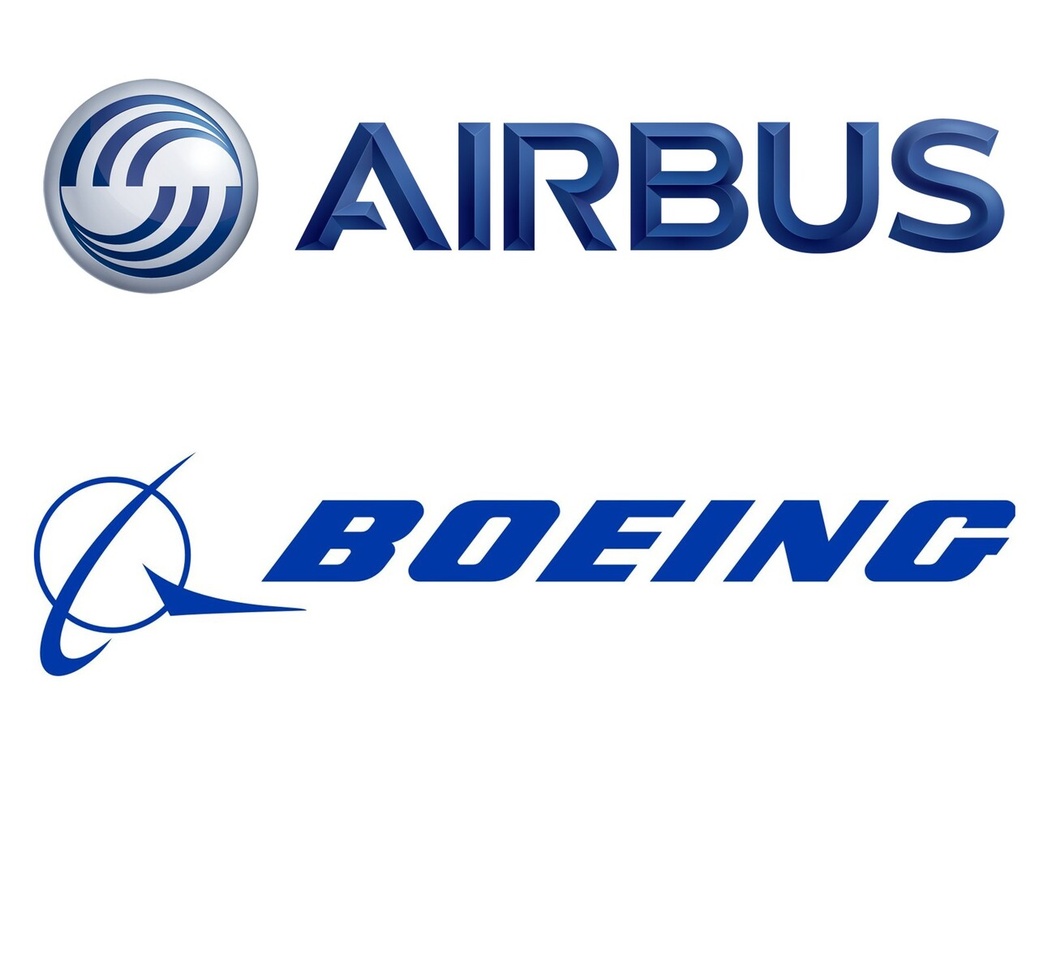✈️ Aviation titans compared: Airbus, Boeing, Embraer - who will take off? 🚀
Company presentation
Airbus is a leading European aerospace company based in the Netherlands that develops and produces civil and military aircraft, helicopters, satellites and launchers.
Boeing is an American aerospace and defense company that produces both civil and military aircraft and is the world's second largest manufacturer in this sector.
Embraer is a Brazilian aircraft manufacturer recognized as the fourth largest producer of commercial aircraft in the world, producing both civil and military aircraft.
Historical development
Airbus was founded in 1970 and some of the most significant milestones include the introduction of the A300 (1974), the A320 family (1988) and the A380 (2007).
Boeing was founded in 1916, with the B-17 (1935), the B-747 (1970) and the B-787 (2011) standing out as defining developments.
Embraer was founded in 1969 as part of a Brazilian government aviation program, with important models such as the EMB 110 Bandeirante (1968) and the E-Jet family (2004) standing out.
Business model and core competencies
$AIR (+0.69%) focuses on the manufacture of commercial aircraft, military aircraft, helicopters and space technology. Its core competencies lie in aircraft design and production.
$BA (-1.62%) covers the areas of civil aviation, defense, space and security, with aircraft construction and defense systems representing the core competencies.
$EMBR3 focuses on regional and business aircraft as well as military applications, with the company particularly strong in the construction of smaller commercial aircraft and business jets.
Future prospects and strategic initiatives
Airbus is focusing on sustainable aviation technologies, digital transformation and the development of hydrogen drives as a strategy for the future.
Boeing is investing in autonomous aircraft systems, electrification and the use of sustainable fuels.
Embraer is planning to further develop its e-jet family and enter new market segments such as electrically powered vertical take-off and landing (eVTOL) aircraft.
Market position and competition
Airbus and Boeing jointly dominate the market for wide-body aircraft and form a duopoly. Since 2019, Airbus has overtaken Boeing as the largest aircraft manufacturer.
Embraer is the market leader in the regional aircraft segment and competes with Bombardier and ATR.
Total Addressable Market (TAM)
The global market for commercial aircraft is estimated to be worth around USD 7.2 trillion by 2041.
Share performance
- Airbus: 0.72 %
- Boeing: -27.4 %
- Embraer: +150.7% %
Compared to today, Airbus' share price performance since 2005 is 456%, Boeing's is 235% and Embraer's is 144.21%
For the development (company figures), a better view and more, check out the free blog: https://topicswithhead.beehiiv.com/p/luftfahrt-titanen-im-vergleich-airbus-boeing-embraer-wer-hebt-ab
Conclusion:
It depends on what you are looking for, but there are two main options: Airbus or Embraer, although you can also consider both as they do differ. Choosing Boeing is nothing more than a risky turnaround bet with nothing to back it up. It is completely incomprehensible why the company is still worth so much with such weak figures and an overall poor performance - and not just recently.
Airbus presents itself as a clear investment option: the company operates in the duopoly market, works positively and does not dilute its shareholders significantly. Even if margins are currently falling and there are many challenges, the long-term prospects are hopeful. In addition, there is still considerable room for improvement in areas such as defense and other markets, which investors can view positively. With a solid foothold in the Netherlands, Airbus also has a good basis for further growth.
At Embraer, it is remarkable how efficiently the company has been operating for years, especially with regard to its minimal research and development activities. The group plans to achieve much more and has a dedicated engineering team. Nevertheless, Brazil is a location to consider as geopolitical aspects can be challenging at times, especially in the military sector.
My recent entry into Airbus was at 130 euros. If there is another correction in Embraer, I plan to make a small entry there as well.

